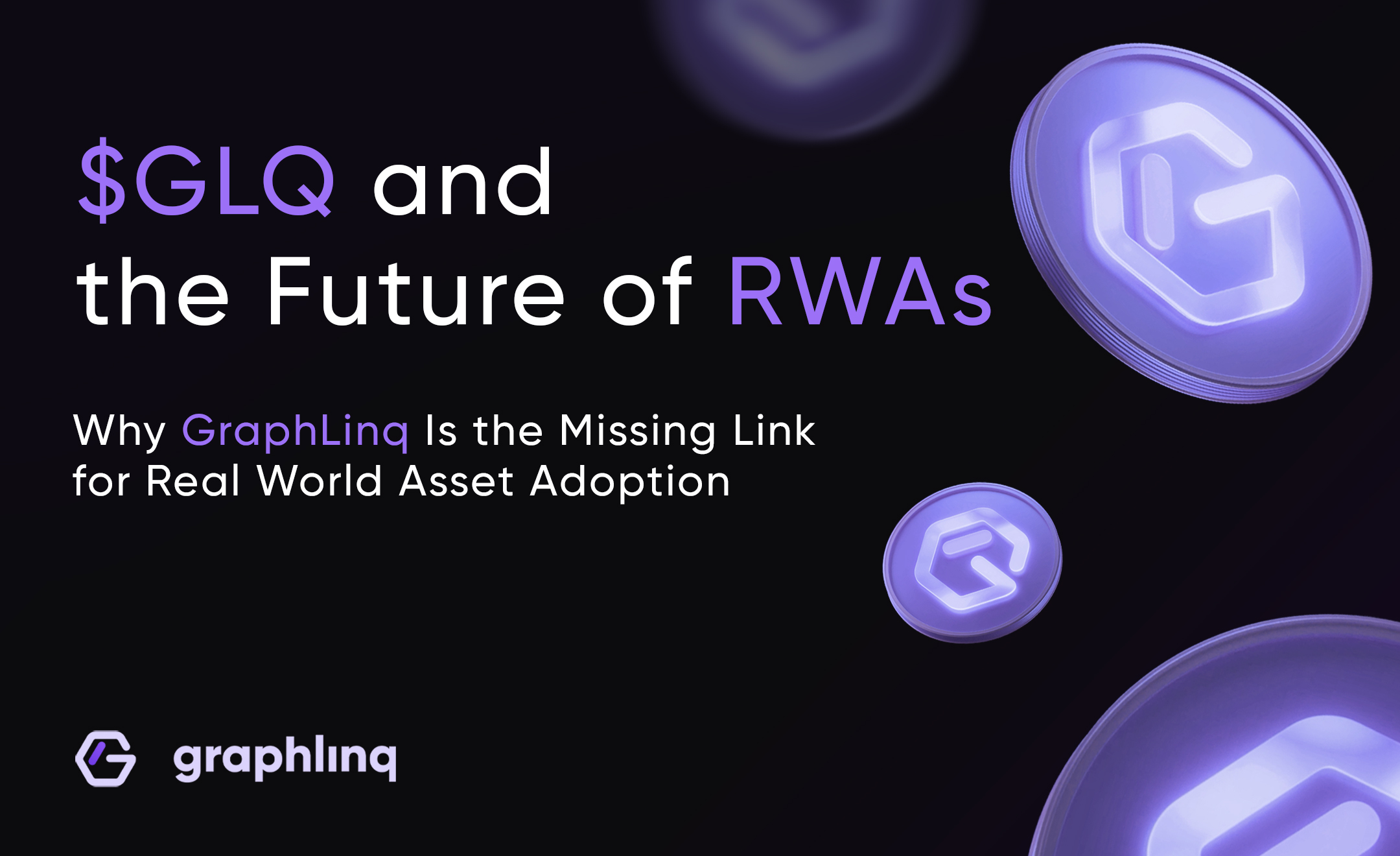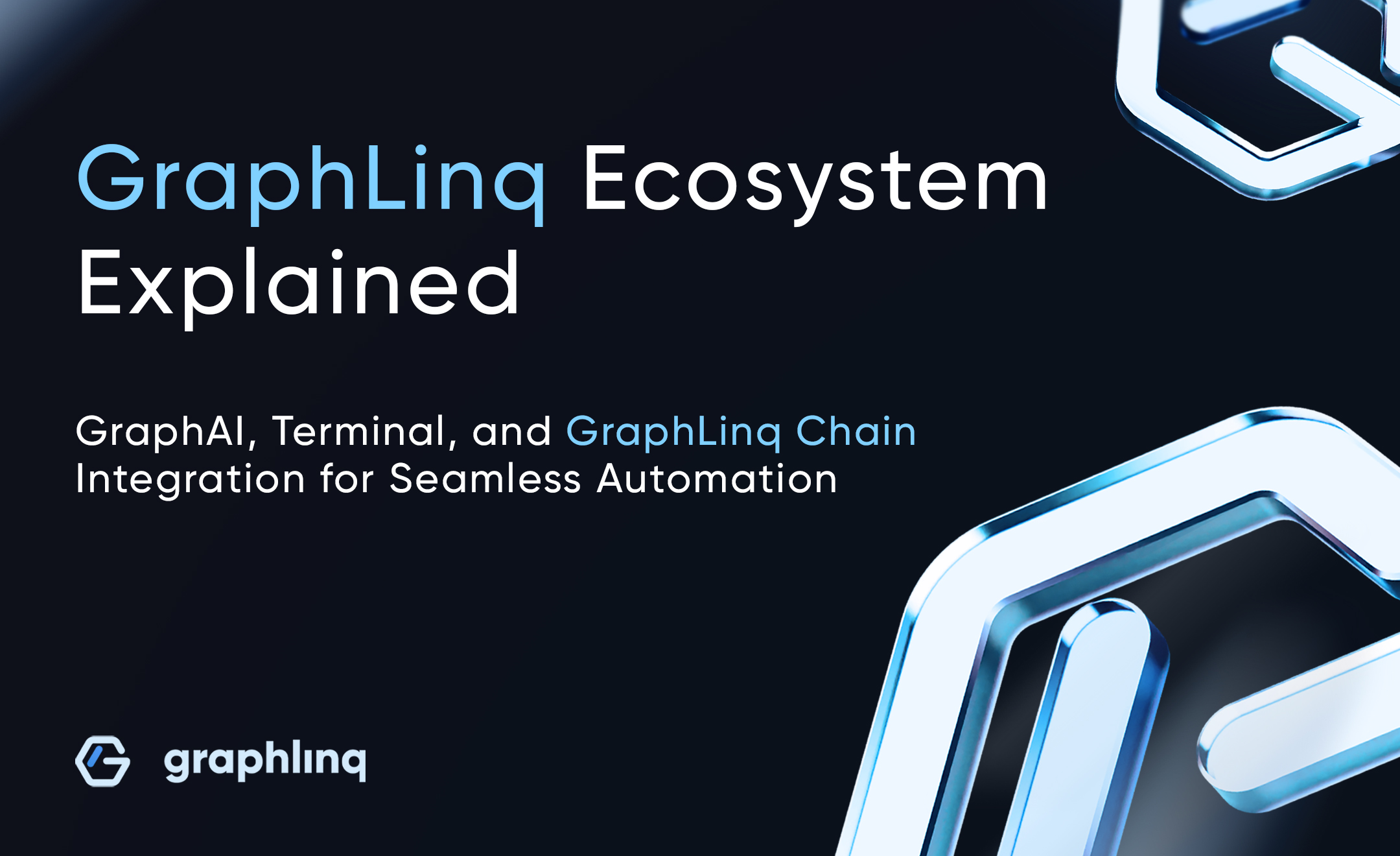Battling for AI Supremacy: ChatGPT, DeepSeek, and Alibaba
On January 27, 2025, shares of major tech giants specializing in chips, GPUs, and computing hardware took a sharp dive. Nvidia lost 17% of its market cap, Dell dropped 7.2%, and the Nasdaq fell 3.04%. The sell-off hit other big names too—Microsoft slipped 2.2%, while Alphabet declined 3.5%.
Who's to blame? The Chinese. More specifically, the company DeepSeek, which has shattered fundamental assumptions about AI—and did it on a shoestring budget.
Why DeepSeek's AI innovations are blowing people's minds? And can the proposed solution really disrupt the entire sector?
First, quick background
Imagine this: a small company with just under 200 employees has built an AI that beats ChatGPT. Their budget? Just $6 million. For comparison, OpenAI spends billions. Yet, their AI is already #1 on the App Store.
The main thing that sets DeepSeek apart is its huge reduction in computation costs. The company claims it’s been able to cut training expenses by 20 to 30 times compared to OpenAI’s models, which opens up a whole new world of opportunities for businesses.
But that’s not all – DeepSeek is also open source and offers unlimited free usage. In a way, it’s the first super advanced AI system that’s completely free for users. Most other systems, like OpenAI’s GPT-4 and Claude Sonnet, require a paid subscription. Google Gemini is free too, but it’s limited to older models and has usage caps.
What makes DeepSeek even more exciting is its potential to create an alternative AI ecosystem, especially for users with smaller budgets or less advanced tech. Plus, the huge savings on neural network operations could completely change the game.
But Alibaba is saying: Not so fast.
Just after DeepSeek shocked the AI world, Alibaba has struck back.
They’ve just launched Qwen 2.5—and they’re claiming it beats DeepSeek’s model. If true, DeepSeek’s reign at the top may be short-lived.
"Qwen 2.5-Max outperforms almost across the board GPT-4, DeepSeek-V3, and Llama-3.1-405B," says Alibaba.
If Qwen 2.5 really outperforms DeepSeek, Alibaba, as a tech empire with endless resources, could seize control of China’s AI race.
With all the buzz around this news, jr00t, the CEO of GraphLinq, has some thoughts too. Here’s his take on the fast-growing AI race between China and the U.S.:
China’s AI race is turning into an all-out war
DeepSeek’s claim of creating an AI chatbot at a fraction of the cost of its Western rivals is likely a strategic move by China to disrupt the U.S.’s dominance in AI, and now Alibaba’s entrance into the race only intensifies this competition.
Both companies represent China's growing ambition to challenge the West’s leadership in AI, and the battle between these Chinese players and the U.S. tech giants is becoming more complicated for several reasons:
- Economic Warfare and Psychological Disruption
By publicizing low-cost alternatives, DeepSeek and now Alibaba have created significant uncertainty in the AI market. This has led to drops in the stock prices of major U.S. AI companies, undermining investor confidence in the U.S. AI ecosystem while shifting focus toward China as a potential alternative. Even if DeepSeek and Alibaba’s claims are exaggerated or false, the damage to U.S. companies' market positions is real, as it disrupts the status quo and creates doubt among investors. In this sense, both companies are not only competing for technological dominance but are also engaging in economic warfare to weaken the U.S. AI sector.
- Questionable Viability of Chinese Models
Experts, including those from JP Morgan, have expressed skepticism about the feasibility of DeepSeek’s claims. The reported costs and hardware used are unlikely to produce a commercially viable model comparable to those of OpenAI or Google. Additionally, concerns about the accuracy and reliability of DeepSeek’s model limit its practical application. While Alibaba's Qwen 2.5 has now entered the ring, claiming to outperform DeepSeek, this raises questions about the validity of both companies' models and whether either can truly compete with the established Western players. The situation is further muddled by the fact that both companies may be more focused on creating market disruption than providing viable alternatives at scale.
- Geopolitical and Security Implications
Even if DeepSeek and Alibaba’s claims were credible, Western companies and governments would hesitate to adopt Chinese AI solutions due to national security concerns, such as potential backdoors, surveillance, or data privacy issues. China is well aware of these concerns and may use these developments to stoke paranoia in the West, forcing companies to redirect resources toward safeguarding their systems, which could, in turn, slow innovation. With Alibaba’s deep resources backing its AI ambitions, the geopolitical stakes are even higher. The U.S. must contend with the possibility that both DeepSeek and Alibaba could be leveraging their technological advancements not only to compete in the market but also to weaken the West's control over AI.
The Bottom Line
In conclusion, DeepSeek’s announcement seems to be more about economic and psychological disruption than true technological progress. It plays on market fears, takes advantage of the U.S.'s heavy reliance on AI infrastructure, and aims to undermine the West's confidence in its dominance. This fits into China’s broader strategy of using disinformation and economic manipulation to challenge U.S. supremacy in critical industries like AI.
However, the situation is far from clear-cut. While the intensity of the competition is undeniable, the truth behind these claims—and how this race will ultimately unfold—remains uncertain. Only time will tell how the battle for AI supremacy plays out.




.jpg)

























%20Do%20Bitcoin%20Cycles%20Still%20Work_.jpg)
%20What%E2%80%99s%20Next%20for%20Bitcoin%20in%202025_.jpg)



%20What%20Is%20a%20Crypto%20Swap.jpg)





























.jpg)
%20How%20to%20Find%20New%20Cryptocurrencies%20%20Worth%20Investing%20In.jpg)
%20Understanding%20Cryptocurrency.jpg)

.jpg)

A%20Comprehensive%20Guide%20to%20Altcoin%20Season.jpg)
%20cases%20and%20Future%20of%20Ai%20in%20Crypto.jpg)
%20How%20to%20Create%20Your%20Own%20MetaMask%20Wallet.jpg)
%20How%20to%20use%20your%20Crypto%20wallet%20safely.jpg)
What%20is%20a%20smart%20contract.jpg)
%20How%20to%20Protect%20Against%20Crypto%20Scams%20and%20Ponzi%20Schemes.jpg)









